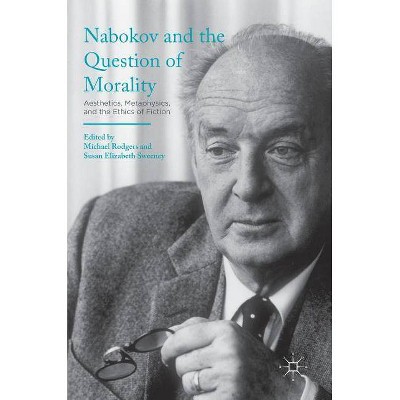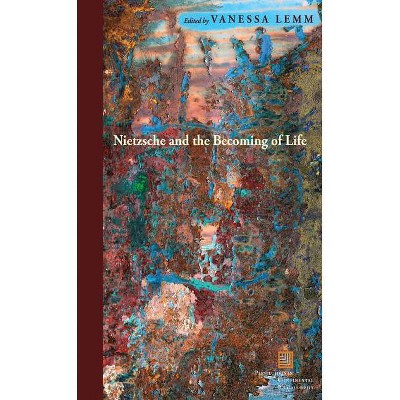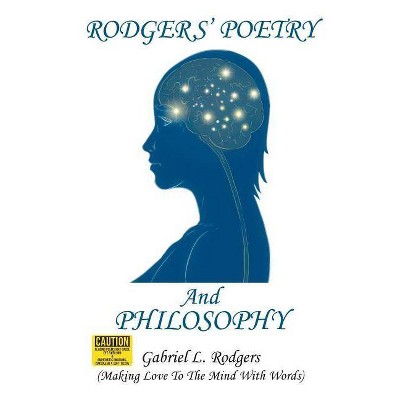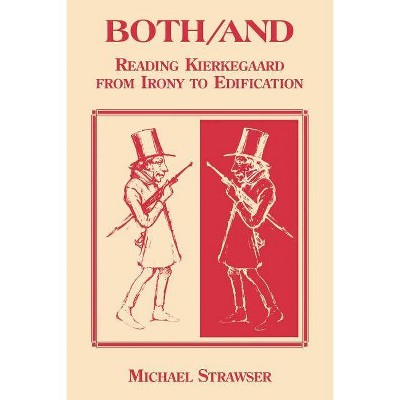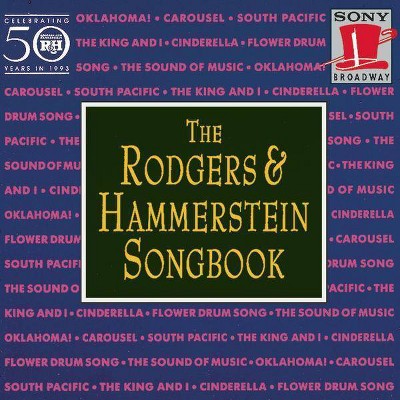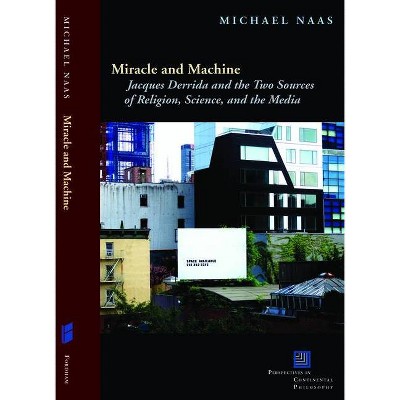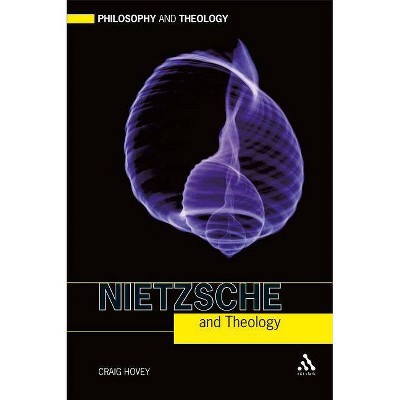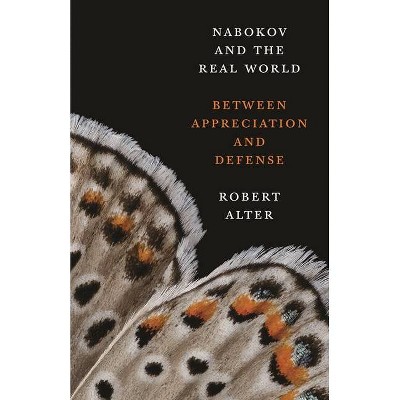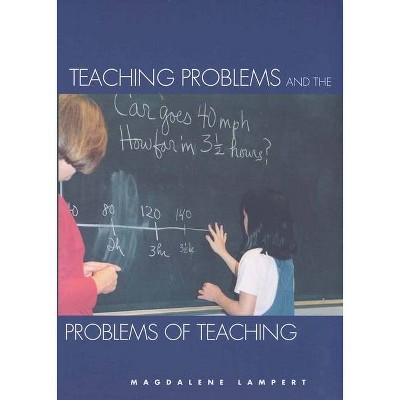Nabokov and Nietzsche Problems and Perspectives - by Michael Rodgers (Paperback)
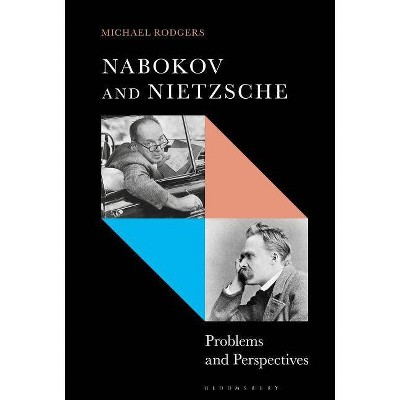
Similar Products
Products of same category from the store
AllProduct info
<p/><br></br><p><b> Book Synopsis </b></p></br></br><b>Awarded the Jane Grayson Prize by the International Vladimir Nabokov Society</b><br/><i><i><br/></i>Nabokov and Nietzsche: Problems and Perspectives</i> addresses the many knotted issues in the work of Vladimir Nabokov - <i>Lolita</i>'s moral stance, <i> Pnin</i>'s relationship with memory, <i>Pale Fire</i>'s ambiguous internal authorship - that often frustrate interpretation. It does so by arguing that the philosophy of Friedrich Nietzsche, as both a conceptual instrument and a largely unnoticed influence on Nabokov himself, can help to untie some of these knots. <br/><br/>The study addresses the fundamental problems in Nabokov's writing that make his work perplexing, mysterious and frequently <i>uneasy</i> rather than simply focusing on the literary puzzles and games that, although inherent, do not necessarily define his body of work. Michael Rodgers shows that Nietzsche's philosophy provides new, but not always palatable, perspectives in order to negotiate interpretative impasses, and that the uneasy aspects of Nabokov's work offer the reader manifold rewards<p/><br></br><p><b> Review Quotes </b></p></br></br><br><i>Nabokov and Nietzsche</i> identifies a new, previously unexamined and capaciously illuminating intellectual context for the writings and opinions of this émigré Russian novelist turned international celebrity, even as it provides a wide range of insights into contemporary Nabokov criticism.<br/>The Russian Review<br><br><i>Nabokov and Nietzsche: Problems and Perspectives</i> is the first in-depth examination of the relationship between Vladimir Nabokov's writing and Friedrich Nietzsche's philosophy. Rodgers delivers on his promise to provide an interesting contribution that covers an existing lacuna in the Nabokov studies. His book is engaging reading for all those interested in the history of ideas and in the adoption of philosophical concepts by modernist literature.<br/>Yuri Leving, Professor of Russian Literature and Film, Dalhousie University, Canada<br><br>Offers a much richer and more complex engagement with Nabokov and Nietzsche, as [Rodgers'] book exemplifies the productive ways literature and philosophy can be read together, can reflect but, more importantly, challenge each other ... Well organized.<br/>Slavonic and East European Review<br><p/><br></br><p><b> About the Author </b></p></br></br><b>Michael Rodgers</b> is Associate Lecturer in English Literature at the Open University, UK. He is co-editor, with Susan Elizabeth Sweeney, of <i>Nabokov and the Question of Morality: Aesthetics, Metaphysics and the Ethics of Fiction</i> (2016).
Price History
Price Archive shows prices from various stores, lets you see history and find the cheapest. There is no actual sale on the website. For all support, inquiry and suggestion messagescommunication@pricearchive.us
